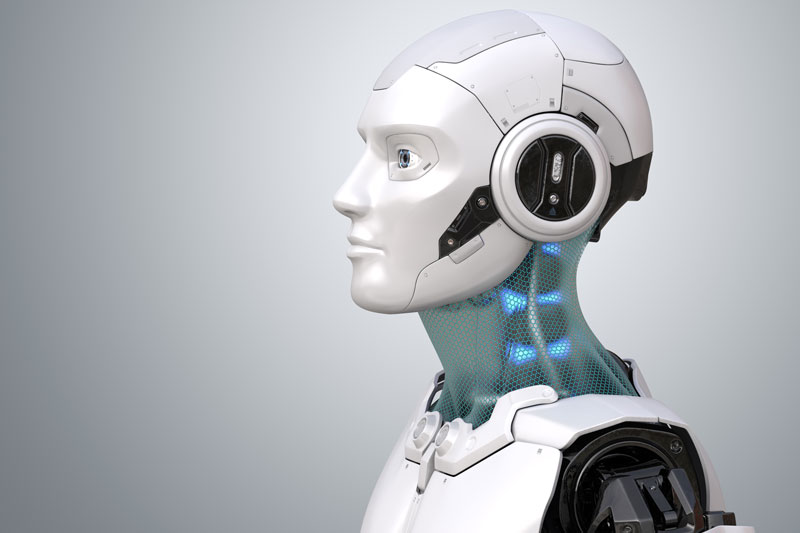Can Robots Affect Growth of Economies
The world has always been inching towards the electronic and automation age. The COVID-19 pandemic has fast-tracked it ever so smoothly that it is predicted that within the next decade, over 50% of jobs will be automated. Cities like Dubai have always been highly digitalized, hence you will find the use of robots highly prevalent and slated to increase exponentially.
It may be said that learning programming or Coding is an integral part of the future and will be considered to be one of the most desired skills resulting in the highest-paid jobs all through the UAE. Learning to code allows you to control the robots. You can create and bring to life your ideas while learning other useful skills such as critical thinking, problem-solving and collaboration. Robotics can be started as early as 6 years says Robotify, an award-winning online robotics platform. Students simply have to create an account that will give them access to multiplayer platforms which present real-life challenges in extraordinary virtual environments. They can learn coding in an easy, fun and accessible manner as Robotify is an in-browser application and so does not require the purchase of additional software or hardware. The Robotify platform’s use is advocated by many schools in the GCC as it is affordable and accessible. Parents must try to give their children coding lessons to facilitate the progress of the next generation.
Man has been using tools for thousands of years. They have evolved from rudimentary implements to simple machines to today’s highly articulated robots. There is an ever-increasing number of robots being used in the industrial sector. They work right alongside humans, aiding in, assisting with and sometimes even taking over their tasks. Robots are even used in therapy sessions for children.
However, the Middle East is also of the opinion that robots are taking over your jobs and they will only contribute to unemployment. Initially, they only replaced the heavy lifting but now are making forays into tasks like logistics, driving and even inventory management. It cannot be denied that they are a looming threat to low-skilled and middle-skilled workers.
On the other hand, it is considered that automation may have a negative impact on only some labor segments and a positive impact on others where they can create more jobs, lower production costs, increase productivity and be consistent in quality. It would be prudent for the working class to now strive for higher-skilled, higher-paying jobs while being skilled and educated enough themselves to fill those roles. For example, the menial tasks of sorting, transporting or stock-piling etc., can be left to the robots, while the tasks that require higher skills such as quality checks etc can still be completed by humans.
Productivity growth is what business is all about. Low pricing, maximum output and quality of labour all contribute to total factory productivity (TFP). The Middle East invests highly in the training of its labour and the output-capacity of its machines, computers and robots. The synergies of all these factors result in an efficient business model. Hence, remaining up-to-date with the latest technology is paramount for them. Robots are consistently making the hardware part of the TFP efficient. All other factors remaining constant, it will still lead to more productivity growth. Productivity growth is further linked to GDP growth. Analysing data from over 15 years showed that across 17 countries, the increasing use of industrial robots raised the annual GDP growth by 0.36%.
There will always be two sides to this story but the role and positive impact of robotics in the future cannot be denied.






Recent Comments